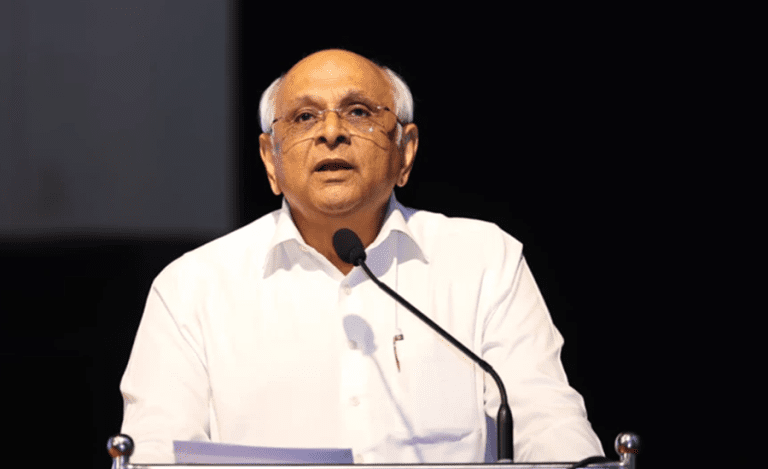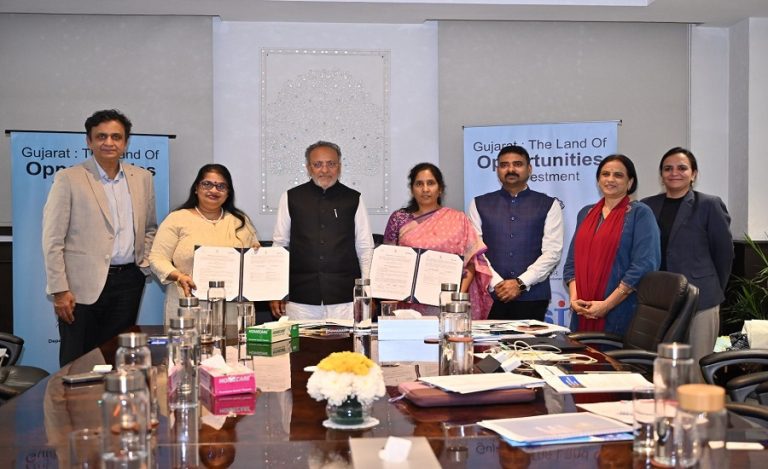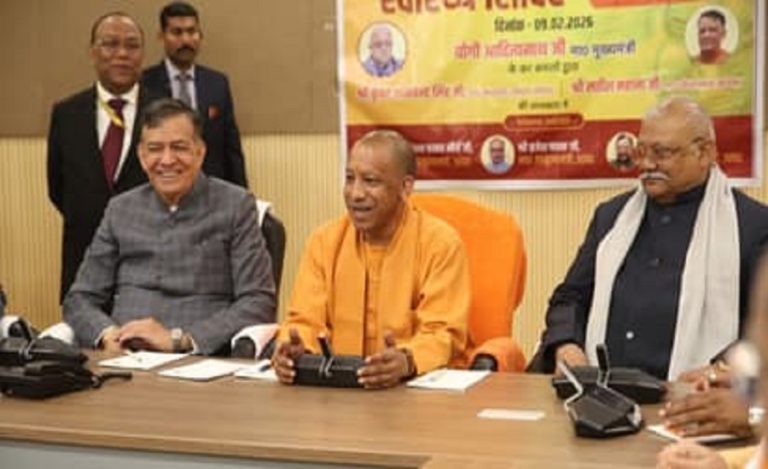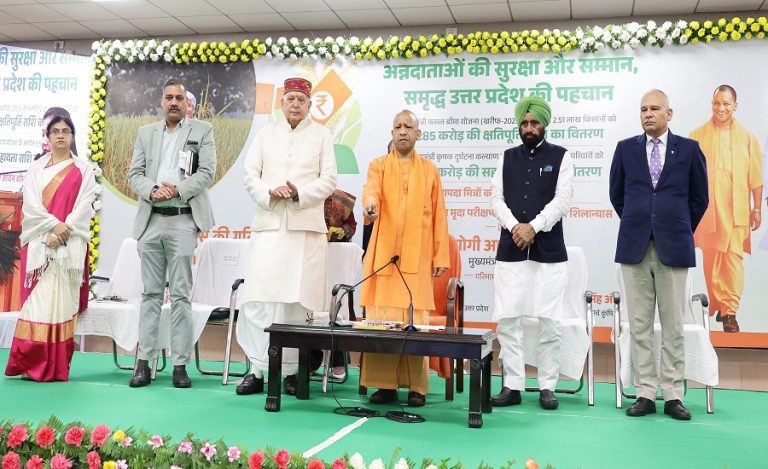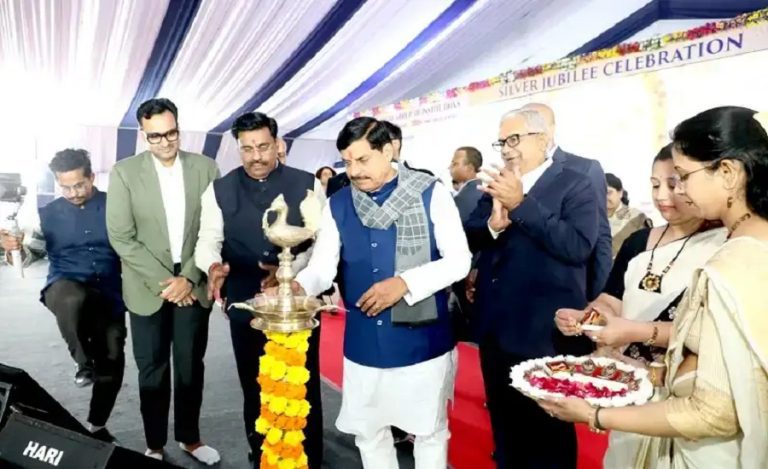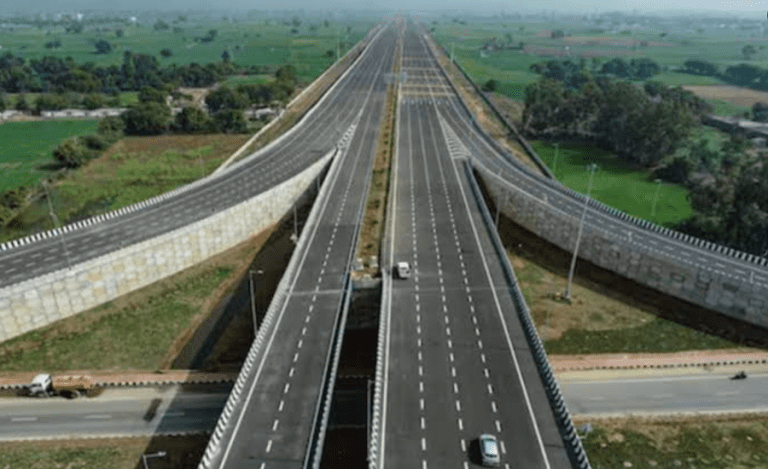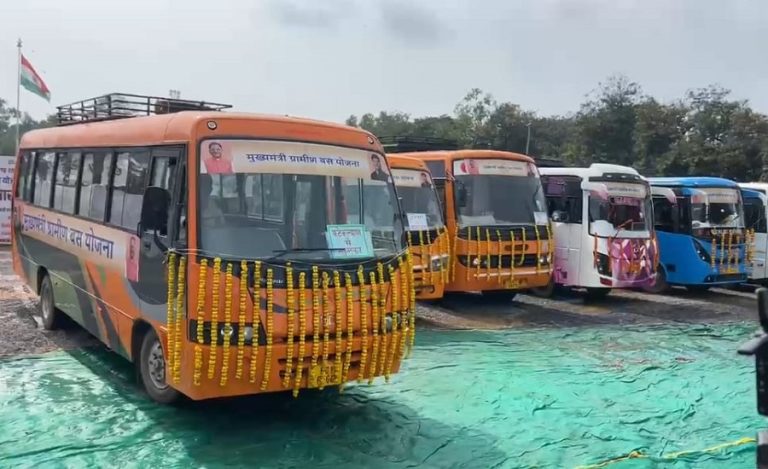Uttarakhand: In a significant verdict underscoring both environmental accountability and judicial discipline, the Supreme Court of India closed contempt proceedings against a senior forest officer from Uttarakhand who had approached the High Court despite the apex court already being seized of the matter. The officer, identified as IFS Rahul, tendered an unconditional apology — prompting the bench to note that “the majesty of law is not in punishing the guilty but in forgiving.”
Background of T.N. Godavarman Thirumulpad Case
The saga traces back to allegations of illegal construction and large-scale tree felling inside the Jim Corbett National Park in Uttarakhand — part of the long-running environmental litigation under the T.N. Godavarman Thirumulpad case.
The Uttarakhand government granted sanction for prosecution against the officer following the Supreme Court’s directions. However, while the apex court was actively monitoring the investigation (including a Central Bureau of Investigation FIR), the officer approached the Uttarakhand High Court via a writ petition to stay the prosecution sanction. This move triggered strong admonishment from the Supreme Court, which said such parallel proceedings undermined judicial hierarchy.
Importance of the Decision in T.N. Godavarman Thirumulpad Case
This judgment carries multiple implications:
Environmental governance: The Corbett case is symbolic of the larger challenge of protecting forest land, wildlife habitat, and preventing illegal constructions. By demanding strict adherence to prosecution sanctions and oversight, the apex court strengthened the message that environmental rules must be enforced.
Judicial hierarchy & discipline: The Court reaffirmed that when it is seized of a matter, subordinate courts (including High Courts) must refrain from parallel interference. The statement that “High Courts are not inferior but should not take up matters which SC is seized of” underscores this principle.
Balance of punishment and forgiveness: By accepting the officer’s apology and closing contempt proceedings while still emphasising that the prosecution sanction cannot be challenged, the Court signaled that accountability can coexist with fairness and discretion.
Public trust & forest conservation: The decision underscores that forest officials and public servants operate under a doctrine of public trust — their actions affect the environment and society, and must withstand judicial scrutiny.
Major Challenges
Complexity of environmental cases: Investigations into illegal constructions in protected areas such as tiger reserves are complicated, involve multiple agencies, and often drag on. The Corbett matter shows how prolonged litigation and multiple tribunals/highcourts interplay.
Administrative postings despite pending proceedings: The officer’s posting to prestigious assignments despite departmental inquiry raised questions about preferential treatment or circumvention of accountability.
Jurisdictional overlap & forum shopping: The High Court’s decision to stay the prosecution sanction while the Supreme Court was already hearing the matter reflects the problem of overlapping jurisdiction and potential delay tactics.
Enforcement of forest laws: Even with FIRs and sanctions, actual conviction and prevention of illegal tree felling/ construction in sensitive zones remains a challenge.
Perception & credibility: When senior officers appear to bypass procedures or courts, public confidence in both administration and the judiciary can suffer.
Implications for the Future
Faster accountability mechanisms: The decision could hasten how sanctions and departmental inquiries proceed in forest and environmental cases.
Clearer guidelines for courts: High Courts may be more cautious in entertaining matters already before the Supreme Court, enhancing procedural clarity.
Deterrent effect: Senior officers may be wary of seeking relief via alternate forums when the apex court is monitoring a matter, reducing forum-shopping.
Stronger forest-law enforcement: The message reinforces that even senior officials cannot evade scrutiny in protected area violations.
Need for systemic reforms: The case highlights the need to streamline postings, departmental sanctions, prosecution permissions, and enforcement within forest governance.
Monitoring & transparency: With environmental concerns rising, there may be greater scrutiny on how forest reserves are managed, how construction is authorised, and how tree-felling permits are given.
Way Forward
1. Institutionalising sanction timelines: The central and state governments should ensure that sanction for prosecution in environmental offences is given timely, avoiding delay.
2. Strengthening forest regulatory architecture: Clear mechanisms for monitoring, audits, and transparency in protected zones to prevent illegal activity.
3. Judicial coordination: High Courts and the Supreme Court could establish clearer protocols for cases already under apex court supervision to avoid duplication and delay.
4. Capacity-building of forest officers: Training on legal responsibilities, ethics, and avoidance of administrative postings when proceedings are pending.
5. Public-interest oversight: Civil society, media and public institutions should keep a watch on protected area infractions and ensure records of prosecutions are publicly accessible.
6. Model-regulation for postings: Officials under inquiry or facing sanction should ideally not be posted to new responsibilities where conflict of interest may arise.
7. Enforcement follow-through: After sanction and investigation, actual trial and conviction should not be delayed — otherwise the deterrent effect is lost.
Read Also: This IFS Officer Wants to Turn the Northeast into a Global Model of Green Prosperity


